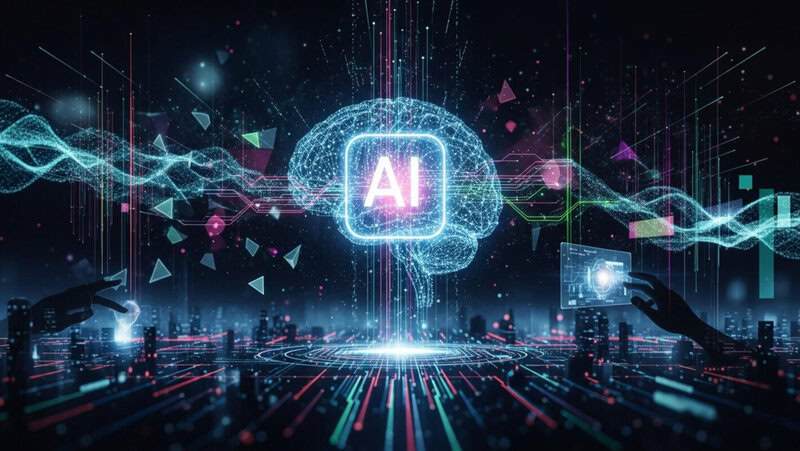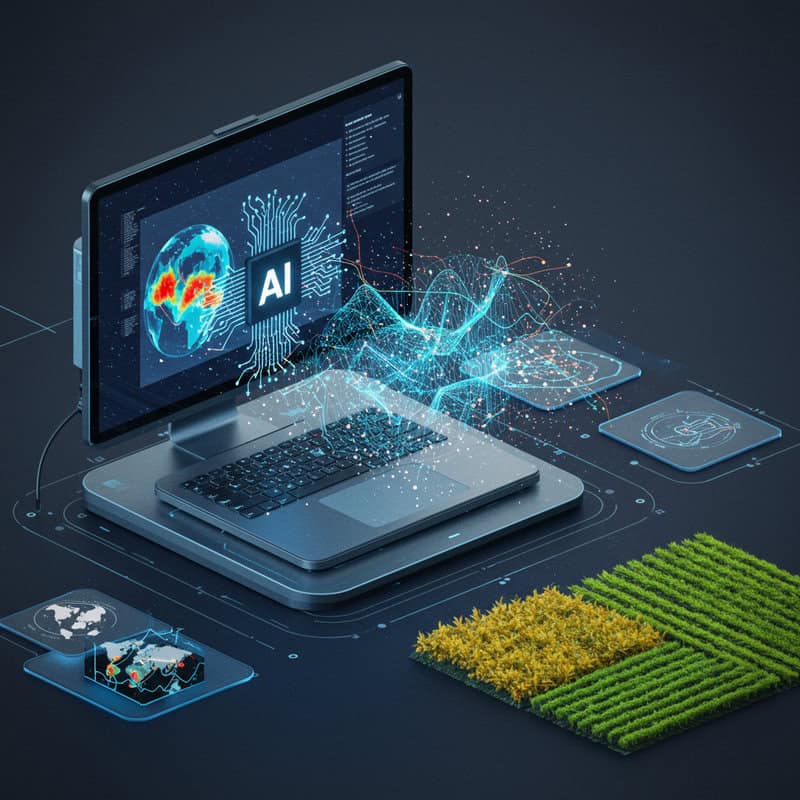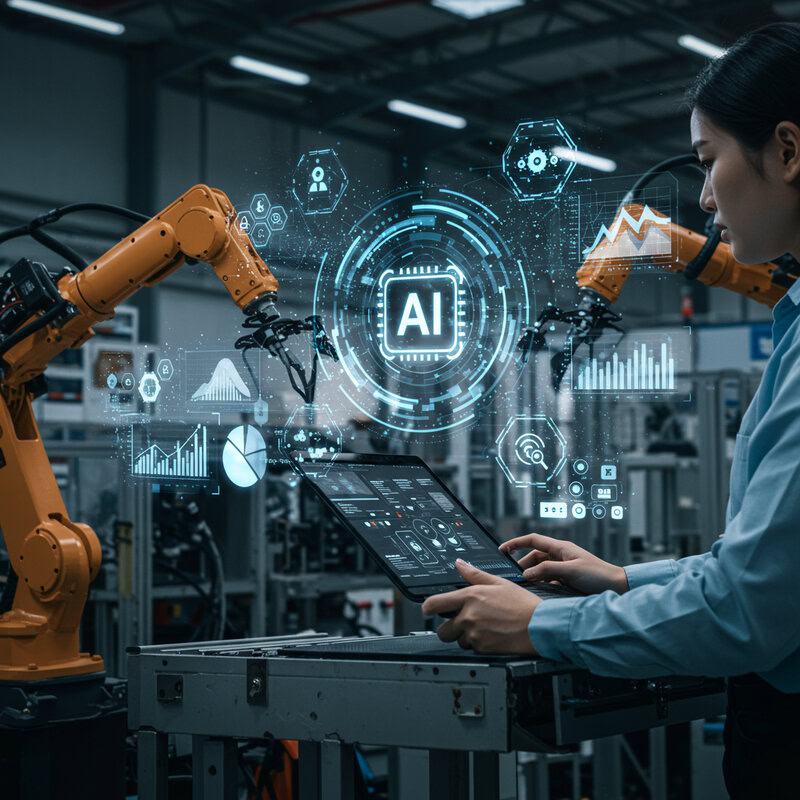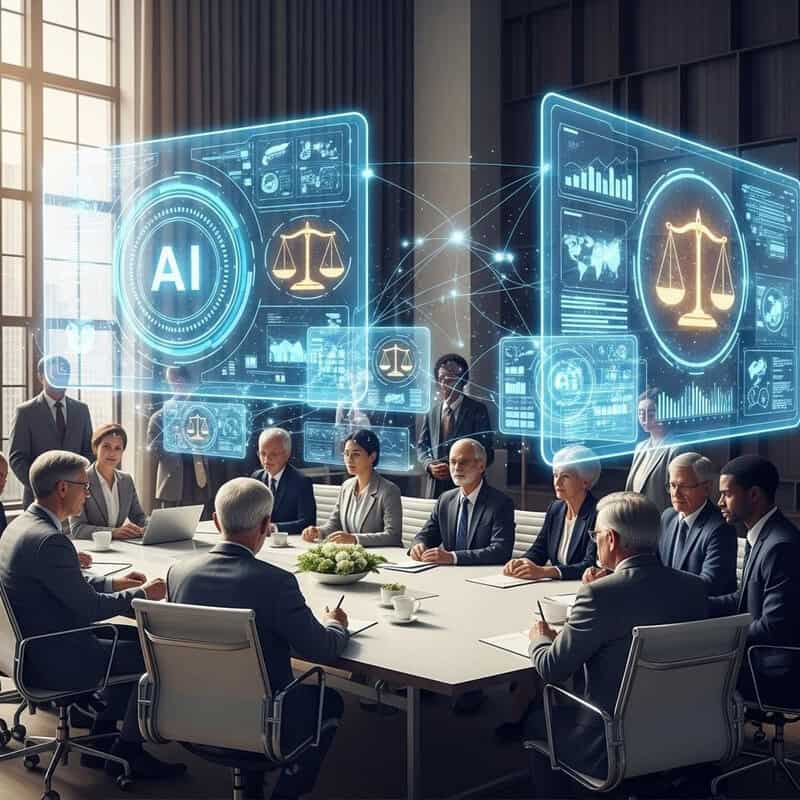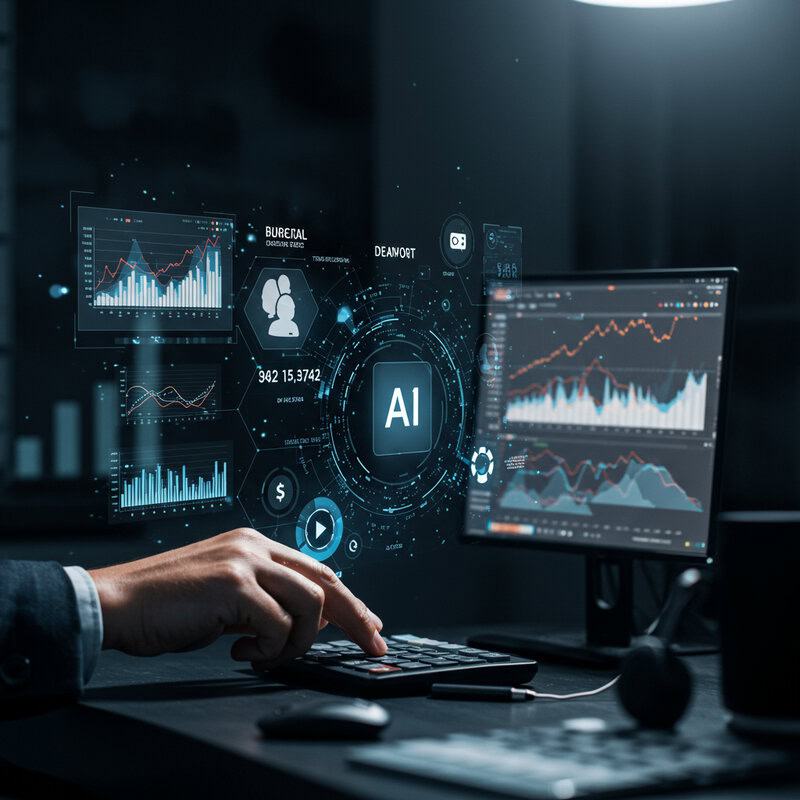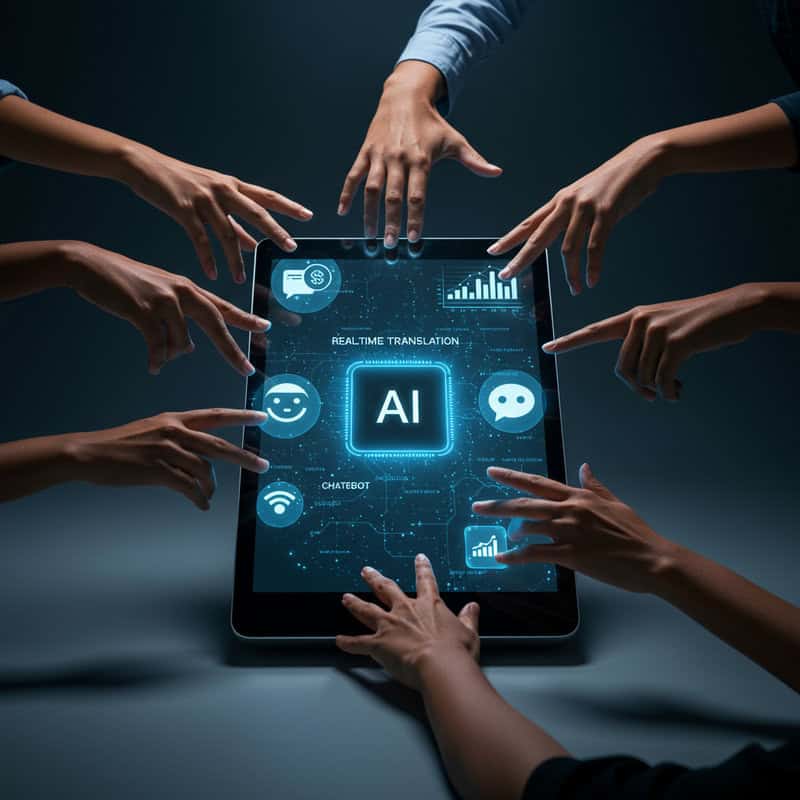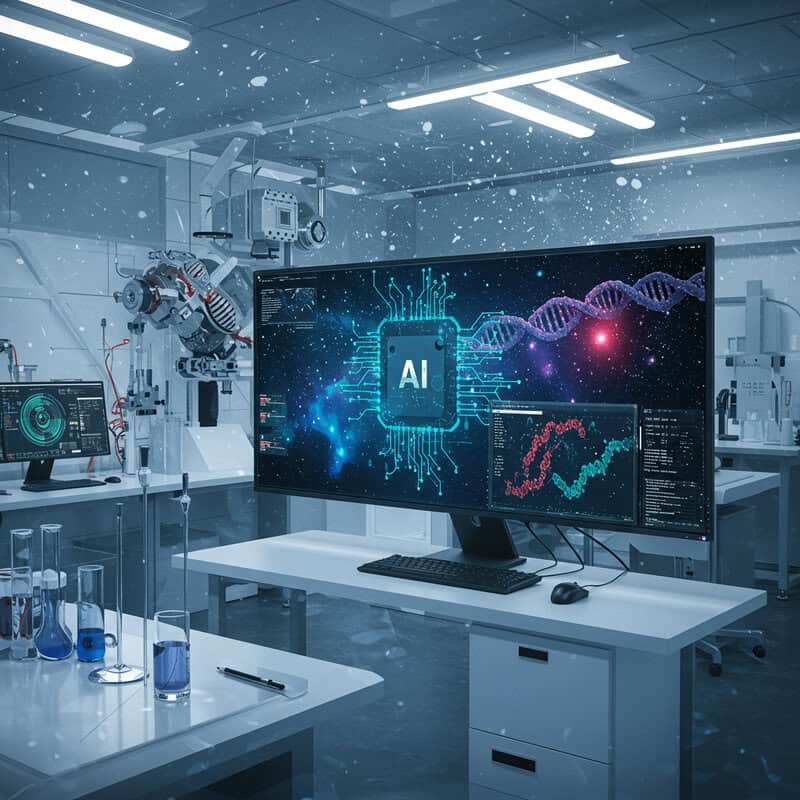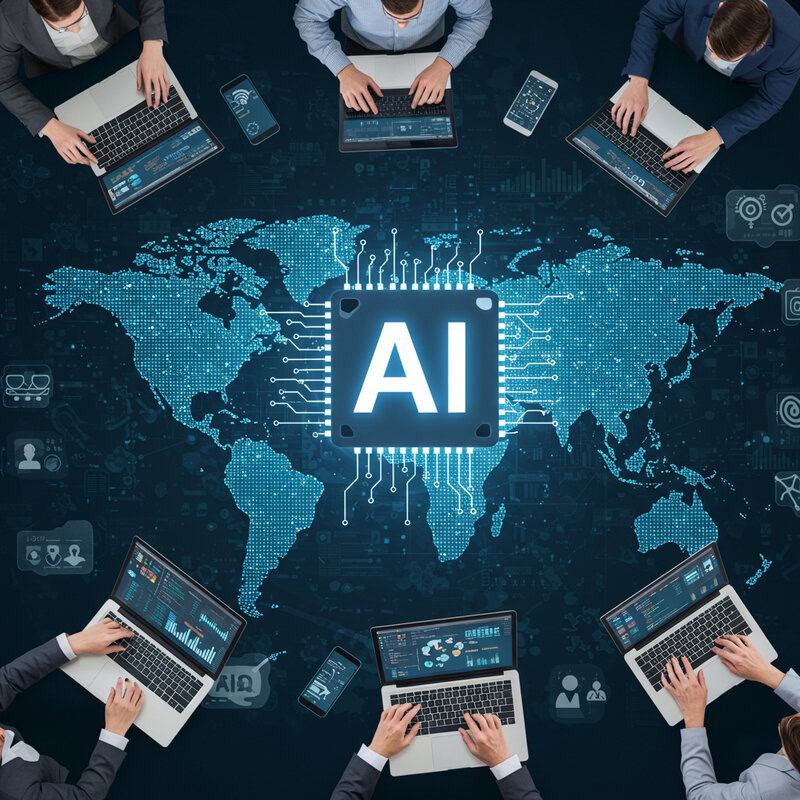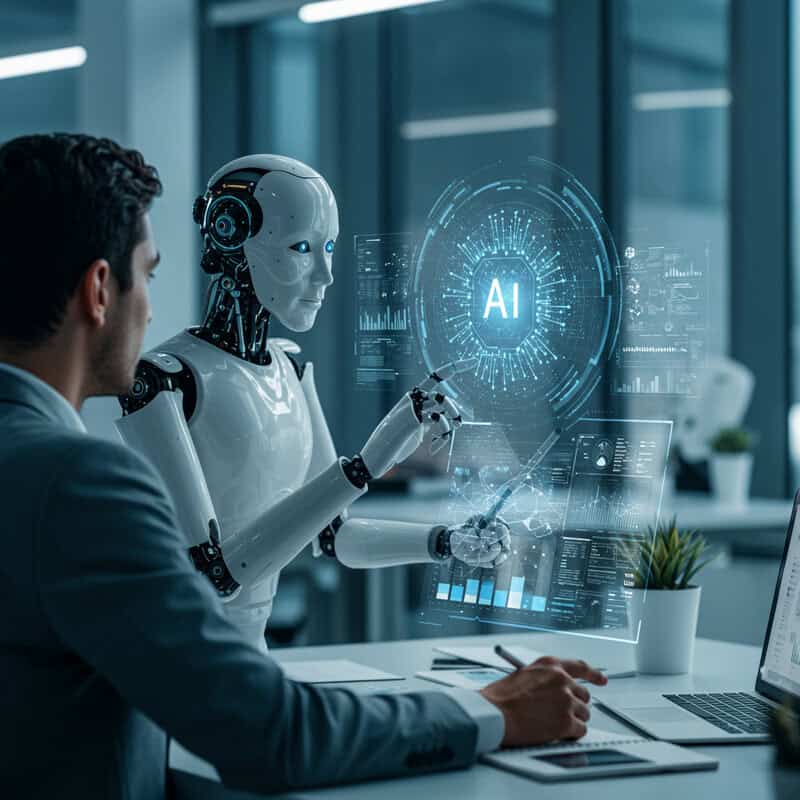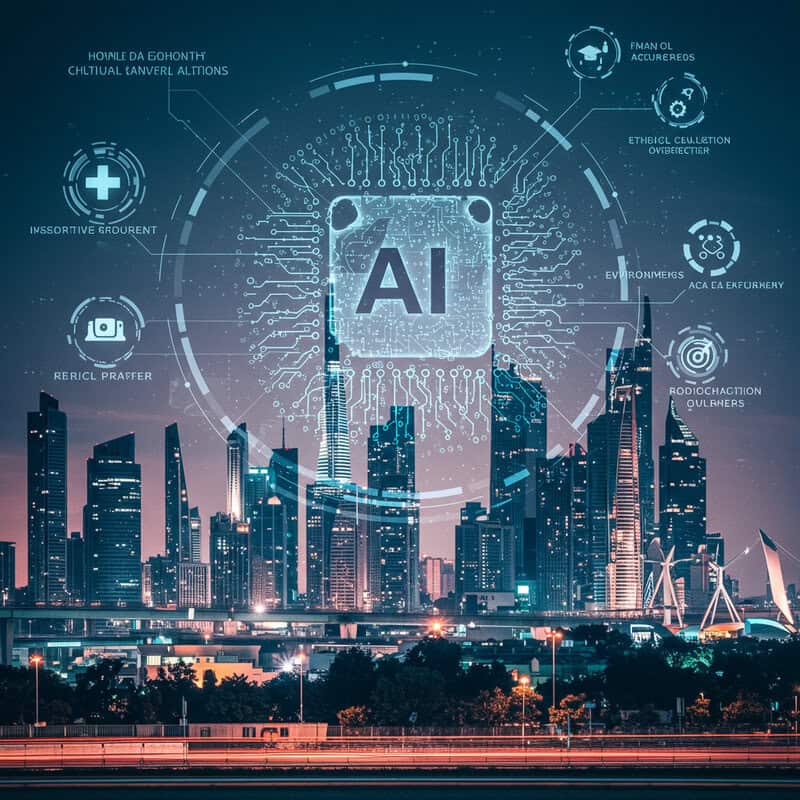7. Smarter Homes and IoT Integration
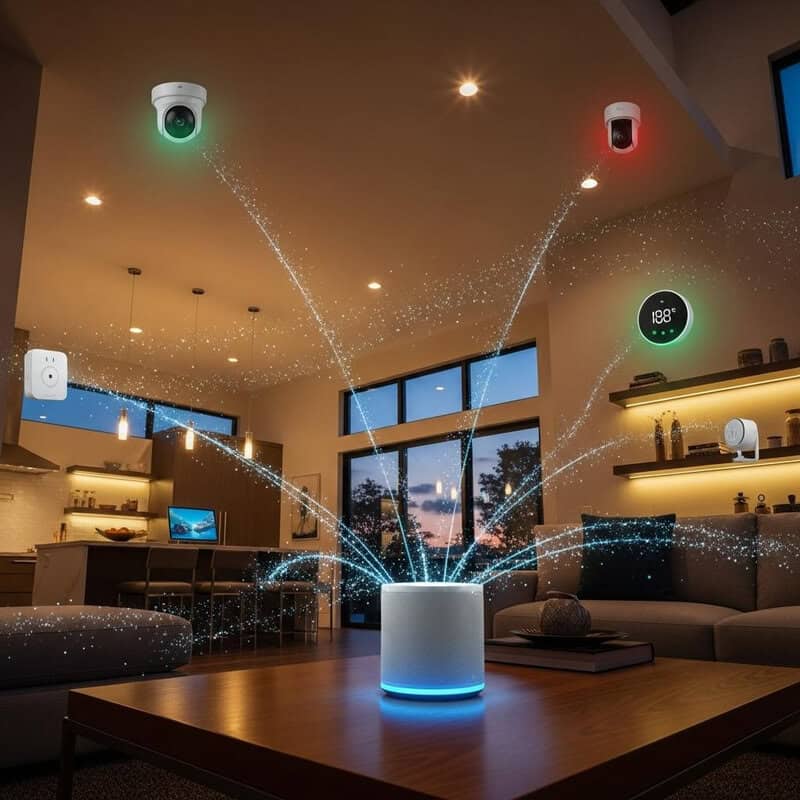
AI is set to revolutionize smart homes by seamlessly connecting devices and enabling predictive automation that enhances comfort, convenience, and energy efficiency. Intelligent assistants will anticipate user needs, optimize appliance usage, and proactively manage lighting, temperature, and security systems.
Integration with the Internet of Things (IoT) will create cohesive ecosystems where devices communicate and coordinate in real time. These advancements promise not only greater personalization but also significant reductions in energy consumption and costs. To learn more about AI’s growing role in smart home technology, visit Forbes Tech Council’s article.

